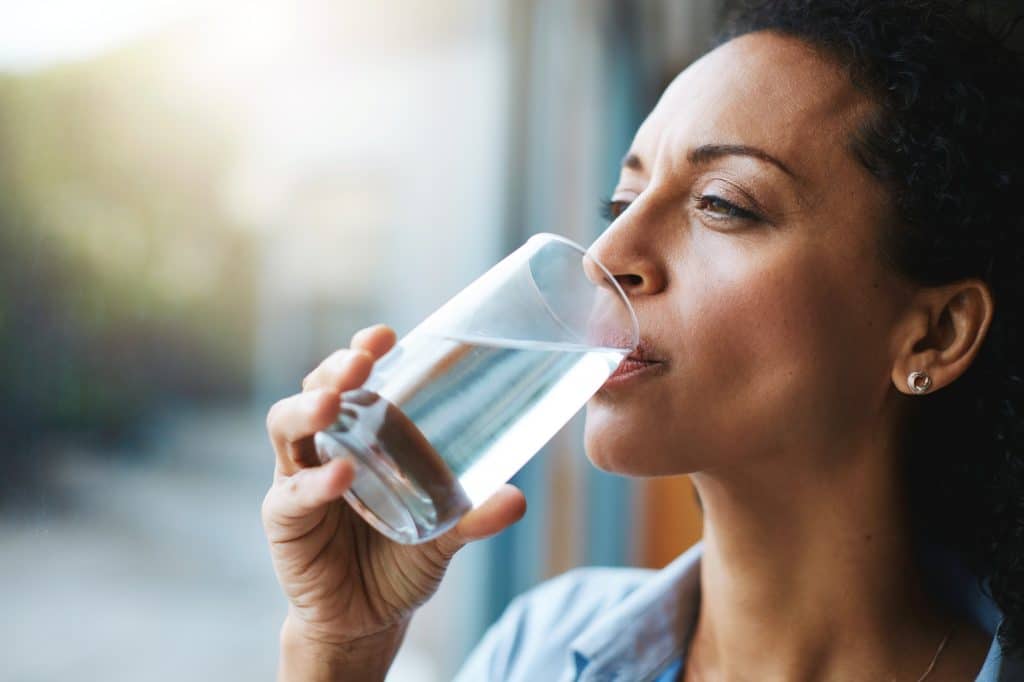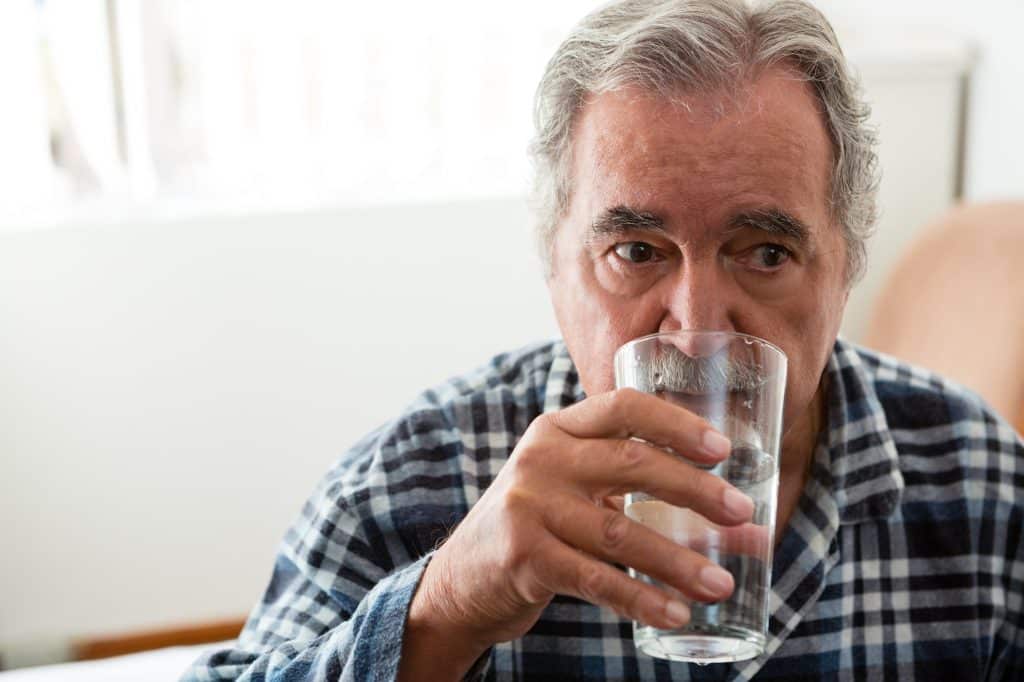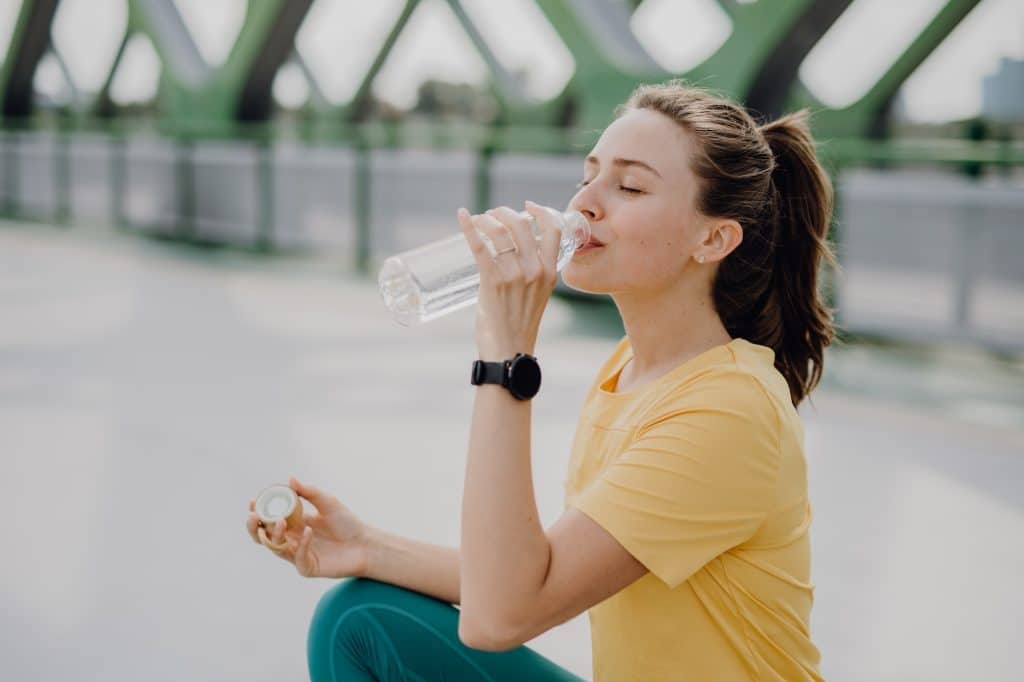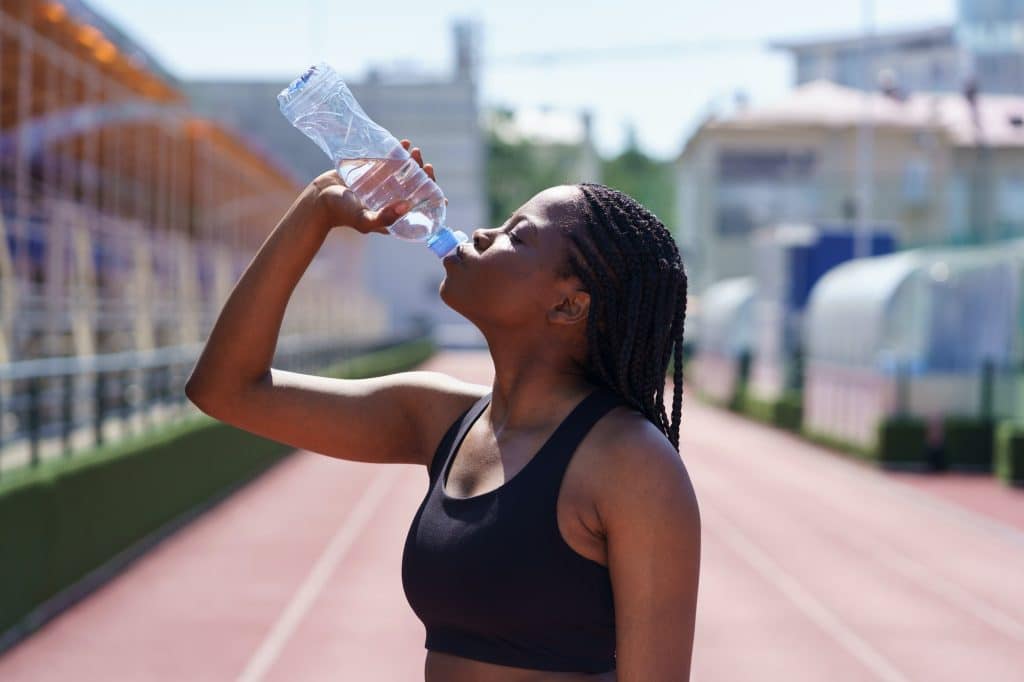Water is often termed the ‘elixir of life,’ and rightly so. It plays a pivotal role in nearly every function within your body, from cellular processes to temperature regulation. Despite its significance, many people remain unsure about how much water they should consume daily. This uncertainty often stems from the myriad of recommendations available, each varying based on different factors. In this post, you’ll dive into the role of water in your body, the factors that influence your hydration needs, and how to recognize signs of dehydration.
Contents
- The Role Of Water In The Body
- Factors Influencing Water Needs
- Signs Of Dehydration
- Overhydration: Can You Drink Too Much?
- Daily Recommendations From Health Organizations
- The 8×8 Rule Explained
- Role Of Foods In Meeting Hydration Needs
- Special Considerations For Athletes
- Hydration For Different Life Stages
- Tips For Staying Hydrated
- Ensure You Are Getting The Proper Amount Of Water!
- Related
The Role Of Water In The Body

Water is more than just a thirst quencher; it’s a vital component for survival. Every cell, tissue, and organ in your body relies on water to function correctly. It aids in digestion, absorption, circulation, and even the creation of saliva. Moreover, water acts as a lubricant for your joints, ensuring smooth movement and reducing the risk of injuries.
Beyond these functions, water plays a crucial role in maintaining your body’s temperature. Through processes like sweating and respiration, your body releases excess heat, ensuring you don’t overheat. This thermoregulation is essential, especially during intense physical activities or in hot climates, where the risk of heat-related illnesses increases.
Factors Influencing Water Needs

While it’s tempting to believe in a one-size-fits-all recommendation for water intake, your needs are influenced by various factors. Age, for instance, plays a significant role. Young children and the elderly might have different hydration requirements compared to adults. Gender can also influence water needs, with men typically requiring more water than women due to differences in body composition.
Another crucial factor is physical activity. Someone who leads a sedentary lifestyle will have different hydration needs compared to an athlete or someone with a physically demanding job. Similarly, the climate you live in can drastically affect your water requirements. Living in a hot and humid environment can lead to increased sweating, necessitating a higher water intake to compensate for the loss.
Signs Of Dehydration

Dehydration is a condition that arises when your body loses more fluids than you take in. Recognizing the signs early on is essential to prevent potential health complications. Physical symptoms can range from a dry mouth and dark yellow urine to more severe signs like dizziness and rapid heartbeat. These symptoms indicate that the body is struggling to perform its functions due to a lack of adequate hydration.
Cognitive symptoms of dehydration shouldn’t be overlooked either. Confusion, irritability, and difficulty concentrating can all point toward inadequate fluid levels in the body. Over time, chronic dehydration can lead to more severe health issues, including kidney stones and urinary tract infections. Thus, understanding and recognizing these signs is crucial for your overall well-being.
Overhydration: Can You Drink Too Much?

While the emphasis is often on drinking enough water, it’s equally important to understand that there’s such a thing as too much water. Overhydration, or water intoxication, occurs when the amount of water you consume exceeds your kidneys’ ability to excrete it. This imbalance can lead to a dangerous drop in sodium levels in the blood, a condition known as hyponatremia.
Symptoms of overhydration can be subtle at first, such as nausea or a persistent headache. As the condition worsens, it can lead to muscle cramps, seizures, or even coma. Striking a balance is crucial. While you should ensure you’re adequately hydrated, it’s equally important not to go overboard and consume water in excess of your body’s requirements.
Daily Recommendations From Health Organizations

With so much information available, it’s easy to get confused about how much water you should be drinking daily. Various health organizations provide guidelines to help individuals gauge their hydration needs. For instance, the World Health Organization (WHO) offers general recommendations based on extensive research, while national health departments might adjust these guidelines based on regional factors.
However, it’s essential to note that these recommendations are often averages and might not cater to individual needs. Factors like those previously discussed – age, gender, physical activity, and climate – can cause variability in these recommendations. It’s always a good idea to consult with a healthcare professional or nutritionist to determine the optimal water intake tailored to one’s specific circumstances.
The 8×8 Rule Explained

The 8×8 rule, which suggests drinking eight 8-ounce glasses of water a day, is a simple guideline that many people are familiar with. Its origin is not entirely clear, but its simplicity has made it a popular recommendation for easy recall. However, it’s worth noting that while this rule provides a general baseline, it might not be scientifically accurate for everyone.
While the 8×8 rule can serve as a starting point, it’s essential to adjust based on individual needs. For some, eight glasses might be insufficient, especially if they’re active or live in a hot climate. For others, especially those with a sedentary lifestyle or in cooler environments, this might be an overestimation. The key is to use the 8×8 rule as a guideline and adjust based on personal factors and how one feels throughout the day.
Role Of Foods In Meeting Hydration Needs

It’s a common misconception that your hydration needs must be met solely through drinking water. In reality, a significant portion of your daily water intake can come from the foods you eat. Fruits like watermelon, strawberries, and cucumbers have high water content and can contribute substantially to your hydration levels.
Similarly, soups, broths, and other liquid-based meals can also play a role in meeting your water requirements. It’s estimated that about 20% of your daily water intake comes from food. Recognizing this can help individuals ensure they’re adequately hydrated, especially if they find it challenging to consume large quantities of water throughout the day. Incorporating hydrating foods into one’s diet can be a practical approach to meeting hydration needs.
Special Considerations For Athletes

Athletes, whether professional or amateur, have unique hydration needs. Engaging in intense physical activity leads to increased sweating, which can result in a significant loss of fluids and electrolytes. It’s crucial for athletes to replenish these losses to maintain peak performance and avoid dehydration-related complications. Beyond just water, they might also need to consider sports drinks that can help replace lost electrolytes.
Electrolyte balance is essential for muscle function and preventing cramps. While water is vital, athletes should also be cautious of overhydration, which can dilute sodium levels in the blood. It’s a delicate balance, and athletes should be well-informed about their specific hydration needs, especially during prolonged activities or competitions.
Hydration For Different Life Stages

Your hydration needs evolve as you progress through different life stages. Infants and young children, for instance, have more delicate systems and can become dehydrated more quickly than adults. Parents and caregivers need to ensure they receive adequate fluids, especially during illnesses that might cause vomiting or diarrhea.
Pregnant and breastfeeding women also have unique hydration considerations. Increased blood volume during pregnancy and the production of breast milk postpartum both demand higher fluid intake. Elderly individuals, on the other hand, might experience a decreased sense of thirst, making them more susceptible to dehydration. It’s essential to be proactive about hydration during these life stages and adjust water intake based on specific needs.
Tips For Staying Hydrated

Ensuring adequate hydration doesn’t have to be a tedious task. Simple strategies can make a significant difference in our daily water intake. For instance, setting reminders to drink water throughout the day can be a helpful nudge for those who tend to forget. Investing in a reusable water bottle can also encourage more frequent sips, especially if it’s always within arm’s reach.
For those who find plain water unappealing, natural flavorings can make a difference. Adding slices of cucumber, lemon, or mint can enhance the taste without adding unwanted sugars or calories. The key is to find strategies that work on an individual level and make hydration a seamless part of one’s daily routine.
Ensure You Are Getting The Proper Amount Of Water!
Understanding your body’s hydration needs is more than just following a universal rule. It’s about recognizing the myriad of factors that influence your water requirements and adjusting your intake accordingly. From the foods you eat to your physical activity levels, every aspect plays a role in determining how much water you truly need. As you’ve explored, striking a balance is crucial—not just to quench your thirst but to ensure your body functions optimally. By staying informed and listening to your body, you can navigate the path to proper hydration and, in turn, better overall health.


